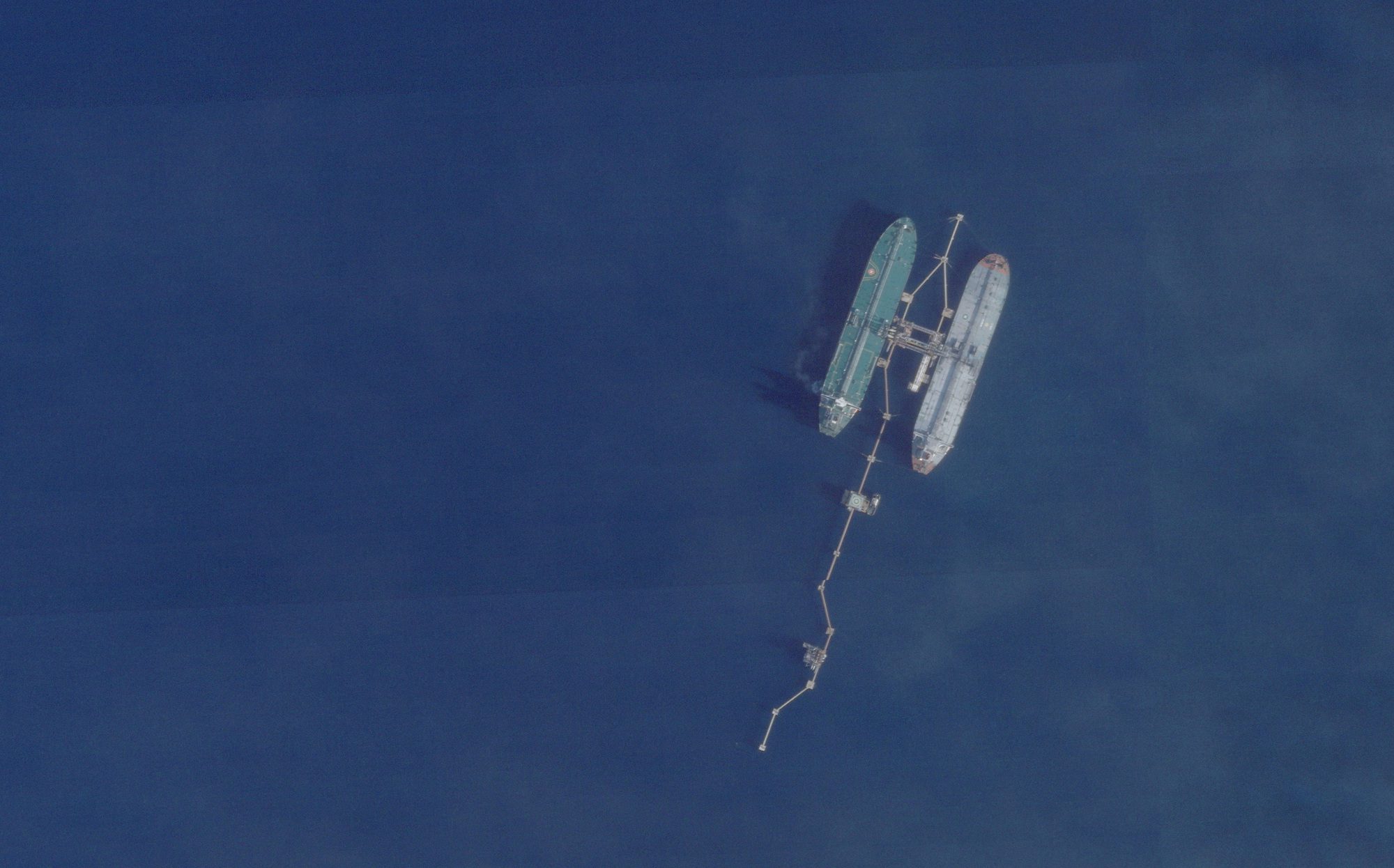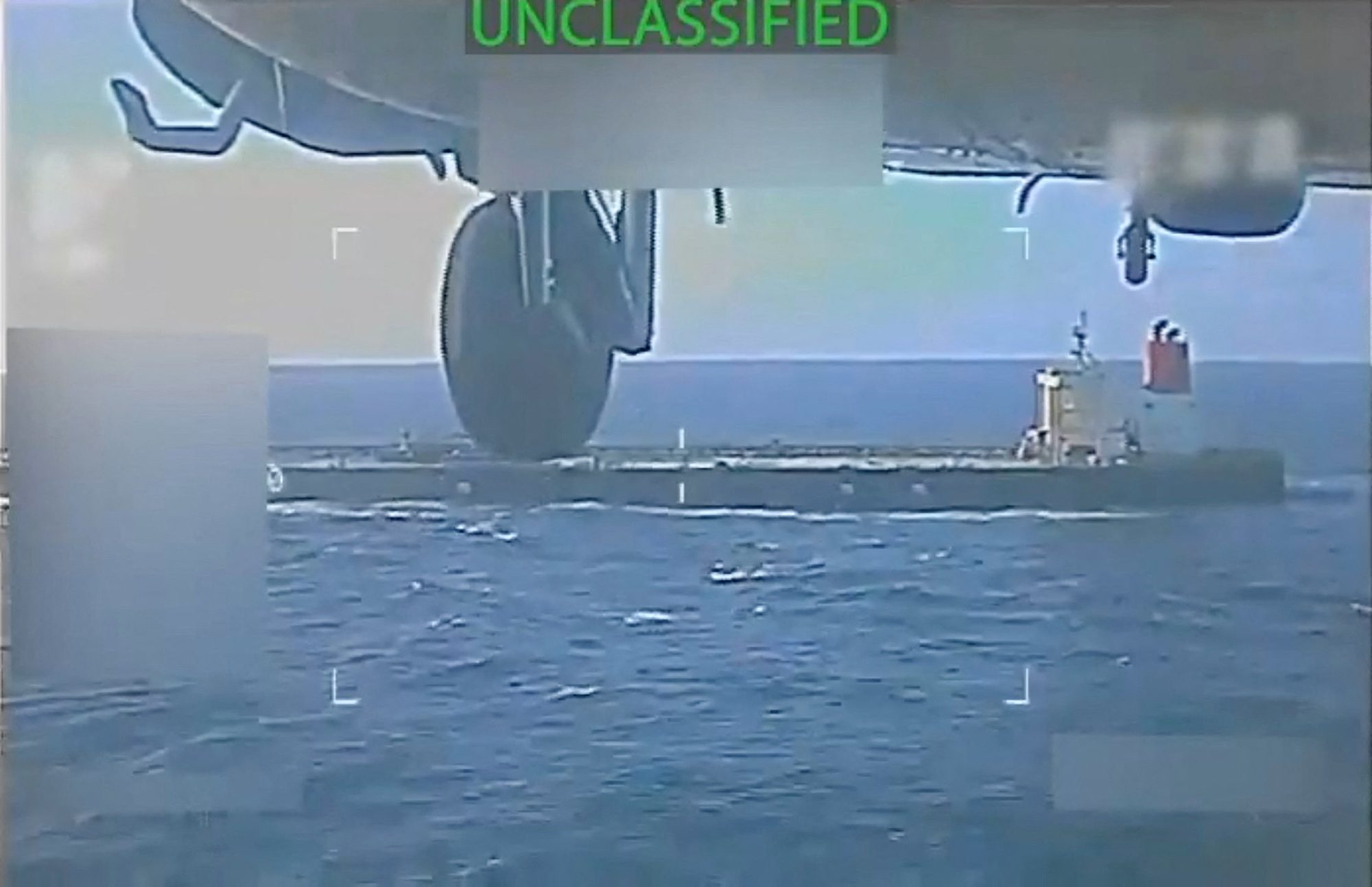President-elect Donald Trump has taken aim at Panama’s management of the Panama Canal, threatening potential action over what he calls “exorbitant” tolls and unfair treatment of U.S. interests.
“The fees being charged by Panama are ridiculous, especially knowing the extraordinary generosity that has been bestowed to Panama by the U.S. This complete ‘rip-off’ of our Country will immediately stop,” Trump declared on Truth Social.
The Panama Canal, which handles 6% of global maritime trade, remains a critical artery for U.S. interests, with 70% of canal traffic either originating or destined for the United States. The controversy emerges as the waterway already faces significant challenges, including climate-driven drought conditions that have forced draft restrictions and reduced vessel capacity.
The timing is particularly sensitive as the canal grapples with infrastructure demands and increasing operational costs. Recent toll increases have drawn criticism from shipping companies already struggling with high operational expenses.
In its last fiscal year, the Panama Canal’s profit increased to $3.45 billion despite a severe drought that reduced the number of vessels that passed through the waterway.
Panama Canal History
Opened in 1914, the Panama Canal revolutionized global trade by offering a shortcut between the Atlantic and Pacific Oceans. The U.S. spearheaded its construction under President Theodore Roosevelt, pouring resources and manpower into the project. While it cemented the U.S.’s position as a global power, it came at a steep cost—as tens of thousands of workers, primarily Americans, lost their lives to disease and accidents during its construction.
In 1977, President Jimmy Carter signed the Panama Canal Treaty (also known as the Torrijos–Carter Treaties), agreeing to transfer control of the canal to Panama by 1999. The decision was seen as a gesture of goodwill but remains controversial, with critics arguing that the U.S. relinquished a key strategic asset.
The 2016 opening of the Panama Canal’s expanded locks not only boosted its capacity but also opened the waterway to gas carriers for the first time, helping solidify the United States’ role as the world’s largest LNG exporter.
Pressure Campaign
Trump’s statements suggest a possible push for the canal’s return to U.S. control if Panama fails to meet what he terms “moral and legal principles” governing its transfer. This stance could significantly impact U.S.-Panama relations and global shipping networks that depend on the canal’s stability.
In recent years, China’s interest in the Panama Canal has surged, reflecting its broader Belt and Road Initiative strategy and its ambitions to control key trade and logistics hubs worldwide. China’s growing presence in Panama has raised alarms in the United States.
“The United States has a vested interest in the secure, efficient, and reliable operation of the Panama Canal, and that was always understood. We would and will NEVER let it fall into the wrong hands!” Trump exclaimed in his post. “It was not given for the benefit of others, but merely as a token of cooperation with us and Panama. If the principles, both moral and legal, of this magnanimous gesture of giving are not followed, then we will demand that the Panama Canal be returned to us, in full, and without question. To the Officials of Panama, please be guided accordingly!”
Maritime expert and historian, Sal Mercogliano, says President-elect Trump’s comment about the Panama Canal reflects a recognition about the key role of this vital chokepoint.
“The relationship between the US and Panama over the canal has always been symbiotic and while concern is warranted, there is no current indication of an effort to curtail American trade through this vital waterway. However, concern about trade and shipping is a primary concern for the new administration and this may indicate a warning to all that would imperil the freedom of the seas,” Mercogliano stated.
The development comes amid Trump’s increasing focus on maritime issues, including recent support for the International Longshoremen Association in their automation dispute with the United States Maritime Alliance and apparent backing of the Jones Act.
For the maritime industry, these developments add another layer of complexity to existing challenges.

 Join The Club
Join The Club









